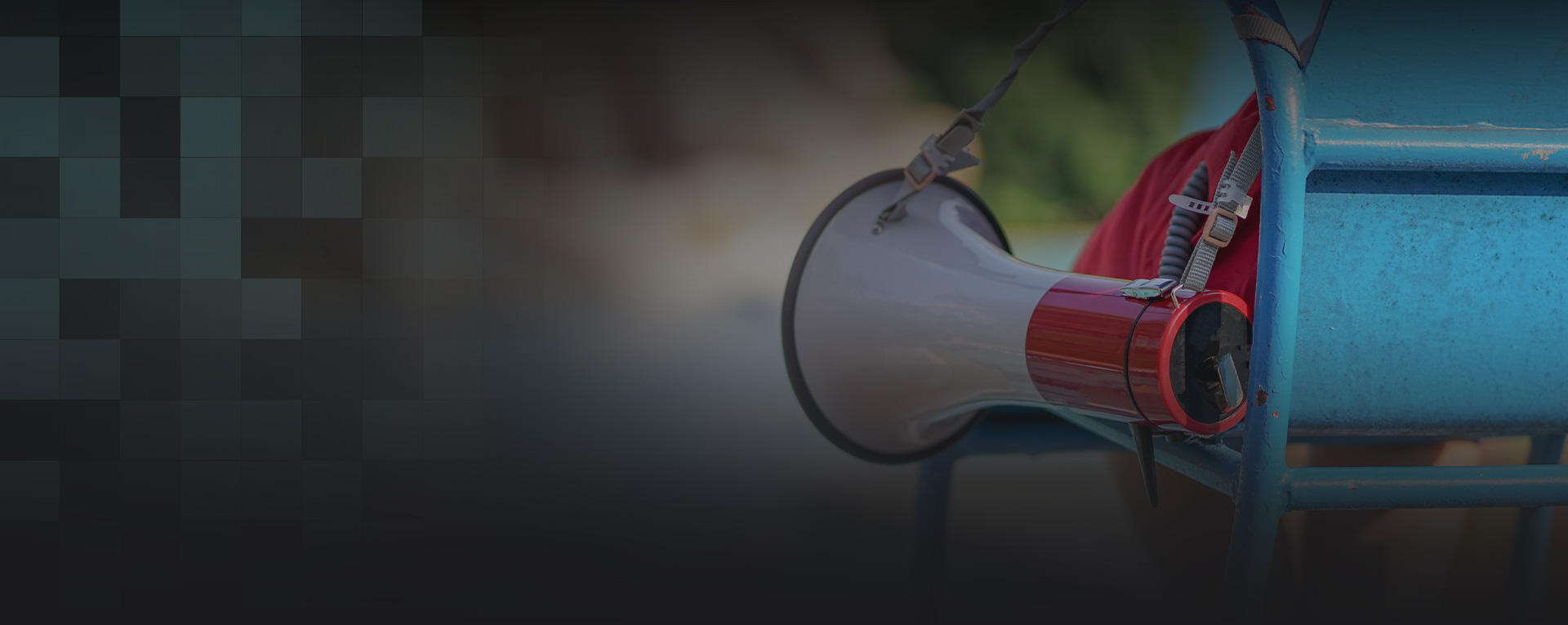
Your Rights After a Drowning Accident
Victims of drowning accidents and their families have rights under Illinois law. If the accident resulted from someone else's negligence or misconduct, you may have grounds to pursue a personal injury or wrongful death claim:
- Personal Injury: If the victim survives but suffers injuries, they can file a personal injury claim to recover compensation for medical expenses, pain and suffering, lost wages, and other damages. To succeed in a personal injury claim, the victim must prove that the defendant owed a duty of care, breached that duty, and caused the injuries as a result.
- Wrongful Death: If the accident results in a fatality, the family members of the deceased can file a wrongful death claim. Compensation can include funeral expenses, loss of financial support, loss of companionship, and emotional distress. Proving a wrongful death claim requires demonstrating that the defendant's negligence or wrongful act directly caused the death.
Many drowning and aquatic accident lawsuits are based on claims that defendants failed to uphold their duty of care, often as a result of negligence. These cases may also involve allegations based on premises liability, which is the liability property owners bear when they fail to ensure reasonably safe conditions on their premises, or products liability, which can allow victims to hold manufacturers, distributors, or retailers liable for defective products.
As a firm with extensive experience litigating aquatic accident cases, our team can review your situation and discuss the most appropriate causes of action for your claim.
Liability in Drowning Accidents
Determining liability in drowning accident cases requires victims to identify parties responsible for the unsafe conditions or negligent actions that led to the incident. Potentially liable parties may include:
- Property Owners: Property owners, including private homeowners, hotel operators, and public facility managers, can be held liable if they fail to maintain a safe environment around their pools or other water bodies. This includes ensuring proper fencing, signage, and safety equipment. For example, a hotel that does not have a lifeguard on duty during pool hours or fails to repair a broken pool gate could be found negligent.
- Equipment Manufacturers: Manufacturers of pool and water safety equipment, such as life vests, pool drains, and alarms, can be held responsible if their products are defective or dangerous. For instance, if a pool drain lacks proper safety covers and creates a suction hazard, the manufacturer could be liable for resulting accidents. It is essential to establish that the product defect directly caused the drowning incident.
- Lifeguards and Supervisors: Lifeguards, camp counselors, and other supervisors can be held liable if they fail to provide adequate supervision or assistance. This includes negligence in monitoring swimmers, responding to emergencies, or performing CPR. For example, a lifeguard who is distracted and does not notice a child struggling in the water could be found negligent. Lifeguard training and adherence to safety protocols are crucial considerations in these cases.
- Educational Institutions and Daycares: Schools, daycares, and summer camps have a duty to supervise children during swimming activities. Failure to provide adequate supervision or to implement proper safety measures can lead to liability. For example, a summer camp that allows children to swim without enough trained staff present may be held responsible for any resulting accidents.
- Event Organizers: Organizers of events held near or in water, such as beach parties or boating excursions, have a responsibility to ensure participant safety. This includes providing life jackets, employing safety personnel, and giving safety instructions. If an event organizer neglects these duties and an accident occurs, they could be liable.
- Municipal Entities: Public pools and beaches maintained by city or county governments must adhere to safety regulations and maintain facilities properly. If a municipal entity fails to ensure lifeguard presence or proper maintenance of public swimming areas, they could be held accountable. Suing a government entity involves specific procedures and deadlines, making it crucial to seek legal guidance promptly.
- Boat Operators: In boating accidents, the operator of the boat may be liable if they were negligent, such as operating the boat while intoxicated, failing to follow safety regulations, or not providing necessary safety equipment. Proving negligence involves demonstrating that the operator's actions directly caused the drowning incident.
- Property Management Companies: Companies that manage rental properties, such as apartment complexes with pools, are responsible for maintaining safety standards. If a property management company neglects pool maintenance, resulting in unsafe conditions, they can be held liable for any accidents.
- Recreational Facility Operators: Operators of recreational facilities, such as water parks, are responsible for the safety of patrons. This includes maintaining equipment, ensuring lifeguard presence, and providing safety instructions. If a water park ride malfunctions due to poor maintenance and causes a drowning incident, the operator could be liable.
Important Considerations When Pursuing Drowning Accident Claims
- Evidence Collection: Gathering evidence is crucial in proving negligence. This includes photographs of the accident scene, witness statements, maintenance records, and expert testimony. Promptly documenting the incident can strengthen your case.
- Legal Deadlines: Be aware of the statute of limitations for filing personal injury and wrongful death claims in Illinois. Generally, you have two years from the date of the incident to file a claim. Missing this deadline can bar you from seeking compensation.
- Insurance Coverage: Many liable parties, such as property owners and operators, have insurance coverage that can compensate victims. Understanding the insurance policies in place and negotiating with insurers is a critical aspect of pursuing a claim.
- Government Entities: Claims against municipal entities involve specific procedures and shorter deadlines. It is essential to follow the correct protocol and file a notice of claim within the required time frame.
- Expert Testimony: In complex cases, expert witnesses, such as safety inspectors, medical professionals, and accident reconstruction specialists, can provide valuable insights and strengthen your case.
- Comparative Negligence: Illinois follows a comparative negligence rule, meaning the compensation you receive can be reduced if you are found partially at fault for the accident. Understanding how comparative negligence applies to your case is important for setting realistic expectations.

-
$102,000,000 Confidential Settlement
-
$5,500,000 Drowning Death
-
$4,000,000 Drowning Death
Steps to Take After a Drowning Accident
After a drowning accident, it's essential to take immediate steps to protect your rights and health:
- Seek Medical Attention: Ensure the victim receives prompt medical care.
- Document the Incident: Gather information about the accident, including photographs, witness statements, and medical reports.
- Report the Incident: Notify the property owner, facility manager, or relevant authorities.
- Preserve Evidence: Keep any relevant evidence, such as defective equipment or clothing.
- Contact an Attorney: Seek legal advice to understand your rights and options.
Drowning Accident Lawsuit Process
The legal process for drowning accident cases involves several stages:
- Initial Consultation and Case Evaluation: Meet with an attorney to discuss the details of your case. The attorney will assess the viability of your claim and provide an overview of the legal process.
- Investigation and Gathering Evidence: Your attorney will collect evidence to build a strong case. This may include obtaining medical records, interviewing witnesses, and consulting experts.
- Filing a Claim and Legal Proceedings: Your attorney will file the necessary legal documents and represent you in court. This includes drafting and submitting a complaint, engaging in pre-trial motions, and conducting discovery.
- Potential Outcomes and Compensation: Depending on the case, you may receive compensation for medical expenses, pain and suffering, wrongful death damages, and more. The outcome can vary based on the strength of the evidence and the specifics of the incident, as well as you attorney’s ability to effectively negotiate a settlement or litigate at trial for a successful verdict.
Compensation in Drowning Accident Cases
Victims and families of drowning accidents are entitled to financial compensation for their damages, including:
- Medical expenses (such as emergency care, hospital stays, rehabilitation, and future medical costs)
- Funeral and burial expenses
- Lost past and future income
- Pain and suffering, emotional distress, and diminished quality of life
- Loss of companionship, support, and financial contributions.
Call For a FREE Consultation: (800) 349-0000
Like other personal injury lawsuits, claims based on drowning or aquatic accidents are subject to a statute of limitations that places a deadline on when legal actions must be filed. In Illinois, this statute of limitations is generally two years from the date of injury, although it can be different under certain circumstances, such as when claims are brought against government entities.
Given the short statute of limitations, victims and families should bring their potential claims to the attention of skilled attorneys as soon as possible. At The Doan Law Firm, we’re readily available to help victims across Illinois understand their rights and options during a consultation.
To request your FREE consultation, call (800) 349-0000 or contact us online.
Chicago Office
875 N. Michigan Avenue, Suite 3100
Chicago, IL 60611
(312) 967-0000
Why You Need Us On Your Side
The Difference is Clear
-
Virtual Consultations, Online Chat & Video Conferencing Available
-
Nationally Recognized Authority on Aquatic Accidents
-
Se Habla Español
-
Open, Honest & Upfront Legal Advice
-
We Respond to Texts, Emails, Calls Within 1 Hour
-
Serving Clients Nationwide
-
No Fee Owed Unless We Win
-
We Utilize the Latest Technology


-
 Hear From Our Clients
Hear From Our Clients -
 Get To Know Us
Get To Know Us -
 Client Successes
Client Successes -
 Stay In The Know
Stay In The Know



